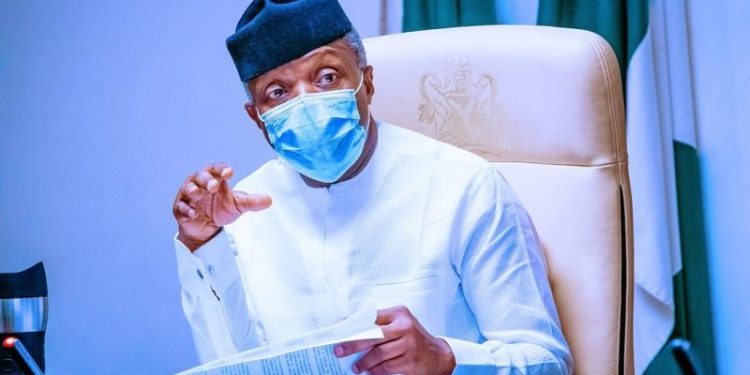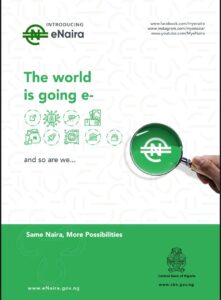The Vice President, Federal Republic of Nigeria, Professor Yemi Osinbajo, SAN, has said the Nigerian Justice System should work for all Nigerians and not just a section of Nigerians.
As custodians of justice and fairness in society, the role of the Nigerian Bar goes beyond the development of an effective and efficient justice sector, it must also be at the forefront of championing reforms and deepening discourse that will continually uphold its excellence and prestige, and the rule of law, the Vice President said.
Prof. Osinbajo stated this on Saturday evening at the Body of Senior Advocates of Nigeria (BOSAN) Annual Dinner and Scholarship Awards, which held in Lagos.
Emphasizing the impact of the legal profession in fixing societal ills and building a just society, the Vice President noted that “our system of justice is a public resource, it does not belong to the legal profession, it does not belong to the bar or to the bench. It belongs to the people.
“We are paid operators of a service that our constitution created to resolve their disputes and give justice. We are custodians, not owners. When this public resource is not working effectively on account of delays, or it is being discredited by corruption, we the operators have a moral, legal and civic obligation to fix it” he noted.
Referencing a quote from the Bible, Prof. Osinbajo added that “we must not become defensive or thin-skinned. If we do not fix it, we would have failed in our most important task; we would have failed to speak up for the voiceless and vulnerable.
“Every one of us seated here today knows that there is a lot wrong with our system of justice today, history beckons us to fix it.”
Speaking further on the need for the legal profession to continually uplift its prominence and prestige, the Vice President noted that “some of the reputational damage suffered in recent times by our profession and our system of justice is one that could have been avoided with rigorous and sustained introspection on our part.”
The VP observed that one of the ways to improve the standard of legal practice in the country was to enhance the quality of legal education, including adopting a hybrid approach, so as to prepare the next generation of legal minds for the future.
For instance, Prof. Osinbajo noted that “there is no country with the number of law graduates we have yearly that provides in-person lectures and accommodation for those taking bar examinations.”
He continued: “generally speaking, professional examinations do not provide residential training. This is why I think the suggestion by some that we scrap residential training and enable law graduates to register online for bar exams, be provided online resources for training, mock trials, appearances in court, how to make applications in court, can be put on video and this will even enable the student play it over and over for mastery.”
While he noted the efforts of the Nigerian Bar Association in “conscientiously advocating and supporting continuous legal education for legal practitioners”, Prof. Osinbajo opined that there was a need to do more, especially using the BOSAN platform.
“When it comes to legal education, BOSAN stands in better stead in terms of knowledge of what is required in legal education,” the VP stated, adding that “we, in our various ways, have developed schemes through which we offer community service be it in the form of pro bono legal service to indigent litigants or undertaking of projects for the benefits of our surrounding communities.”
The Vice President further said that “a partnership of BOSAN, the Council for Legal Education and some faculties of law on a pilot basis for the provision of additional instructional support will not only be useful to the students of those universities, but also to some of the law teachers who may require mentorship.”
He recalled how Honourable Justice Amina Augie, JSC, CON, while serving on the Bench in Sokoto State accepted pro bono to serve as an associate lecturer at Usmanu Danfodiyo University, Sokoto.
“Imagine students’ excitement and enthusiasm, and most importantly the expertise and experience that instruction by members of our body will bring to the classrooms. Only a few of our undergraduate students benefit from the tutelage of those of us, who are traditionally within the academia,” the VP noted.














